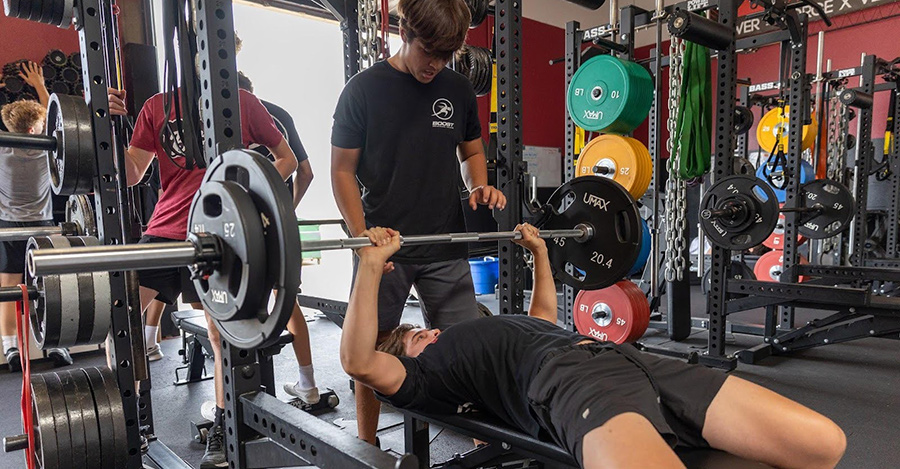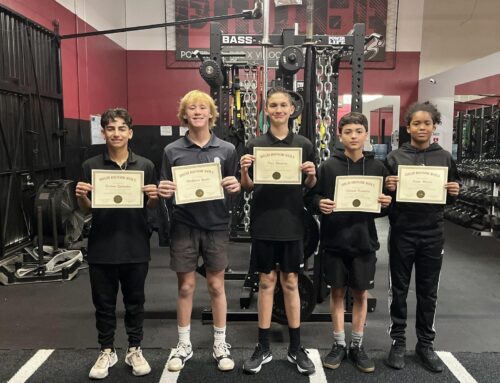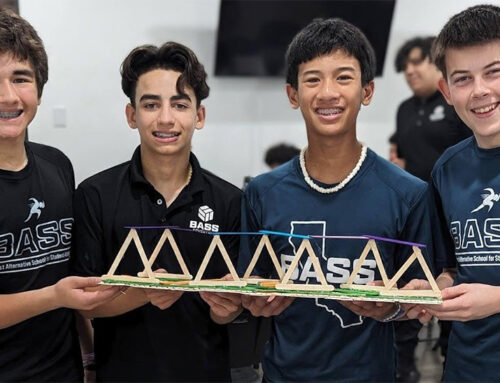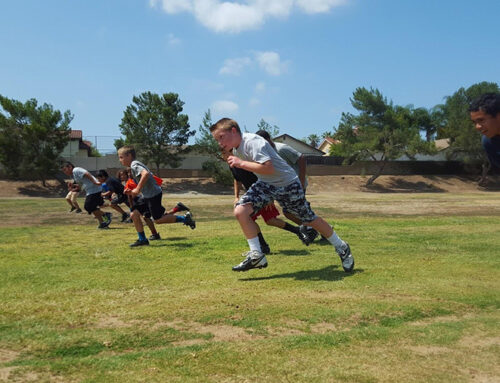Athletic development is a dynamic process that encompasses the physical, mental, and emotional growth of an individual athlete over time. It’s not just about honing skills or increasing strength; it’s about nurturing potential, overcoming challenges, and achieving peak performance. In this blog, we’ll delve into what athletic development looks like and the key elements that contribute to its success.
- Physical Growth and Maturation:
Physical development is a fundamental aspect of athletic development. It involves the growth and maturation of the body, including changes in height, weight, muscle mass, and bone density. During adolescence, rapid physical changes occur as athletes transition from childhood to adulthood. Coaches and trainers must account for these changes and adapt training programs accordingly to optimize performance and reduce the risk of injury.
- Skill Acquisition and Mastery:
Athletic development involves the acquisition and mastery of sport-specific skills. Whether it’s dribbling a basketball, swinging a tennis racket, or executing a perfect dive, athletes must continuously refine their technique through practice, repetition, and feedback. Skill development is a gradual process that requires dedication, patience, and perseverance. Coaches play a vital role in guiding athletes through this journey, providing instruction, encouragement, and opportunities for growth.
- Strength and Conditioning:
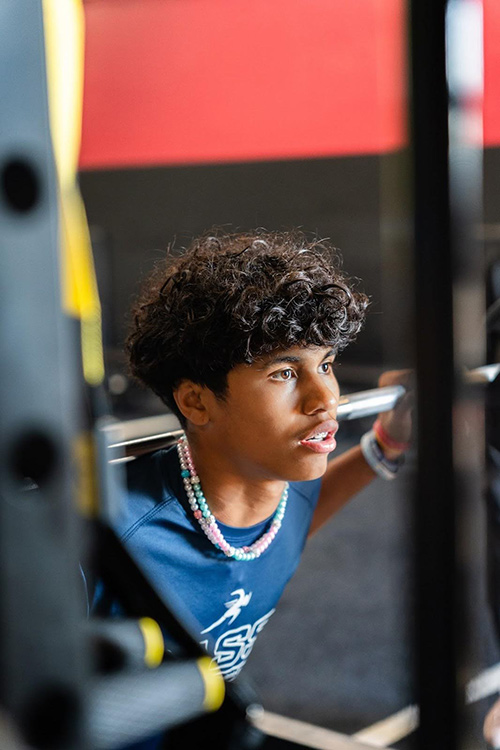
Strength and conditioning are cornerstones of athletic development, providing the physical foundation for performance. Strength training builds muscle mass, improves power output, and enhances overall athleticism. Conditioning programs focus on cardiovascular fitness, agility, and endurance, ensuring athletes have the stamina to sustain high-intensity efforts throughout competition. A well-rounded strength and conditioning regimen is essential for preventing injuries, maximizing performance, and supporting long-term athletic development.
- Mental Toughness and Resilience:
Athletic development extends beyond the physical realm to encompass mental toughness and resilience. Competitive sports present numerous challenges, from setbacks and failures to pressure-packed situations and high-stakes competitions. Athletes must develop the mental fortitude to overcome adversity, stay focused under pressure, and bounce back from setbacks. Mental toughness is cultivated through experience, reflection, and the support of coaches, teammates, and mentors who provide guidance and encouragement along the way.
- Nutrition and Recovery:
Proper nutrition and recovery are integral components of athletic development, supporting physical performance, and overall well-being. Athletes require a balanced diet rich in nutrients to fuel their training, optimize recovery, and promote muscle growth and repair. Adequate rest, hydration, and recovery modalities such as stretching, foam rolling, and massage are essential for preventing injuries, minimizing fatigue, and maximizing training adaptations. Coaches and sports professionals play a critical role in educating athletes about the importance of nutrition and recovery and implementing strategies to support their needs.
- Long-Term Planning and Goal Setting:
Athletic development is a long-term journey that requires careful planning and goal setting. Coaches and athletes work together to establish realistic short-term and long-term goals, outlining the steps needed to achieve them. Long-term planning involves periodization, which breaks down training into distinct phases to optimize performance and minimize the risk of overtraining or burnout. By setting clear, measurable goals and developing a structured training plan, athletes can chart a course for success and track their progress over time.
Athletic development is a multifaceted process that encompasses physical, mental, and emotional growth. It requires dedication, discipline, and a supportive environment that fosters learning, growth, and resilience. By focusing on skill acquisition, strength and conditioning, mental toughness, nutrition, recovery, and goal setting, athletes can unlock their full potential and achieve success on and off the field. Ultimately, athletic development is not just about reaching the finish line; it’s about embracing the journey and becoming the best version of oneself along the way.-Boostman
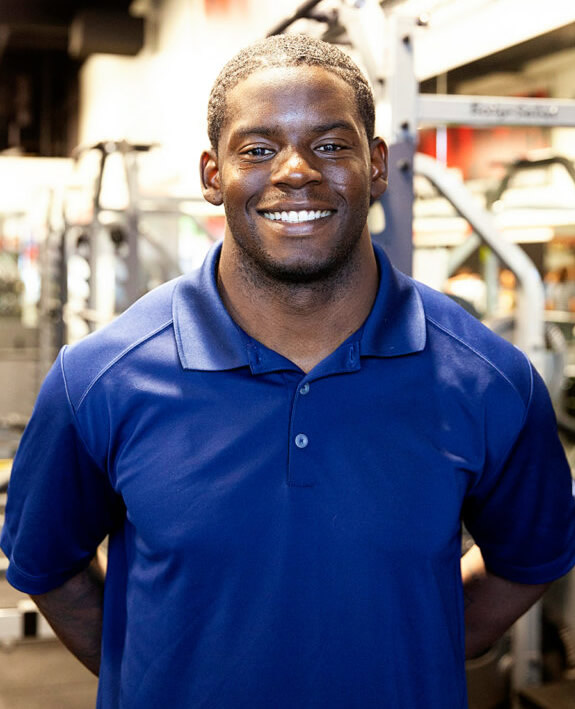
Owner, Boost Training Systems in Corona, CA
Level 1 & 2 Coach Bommarito Performance
CSCS, USAW

